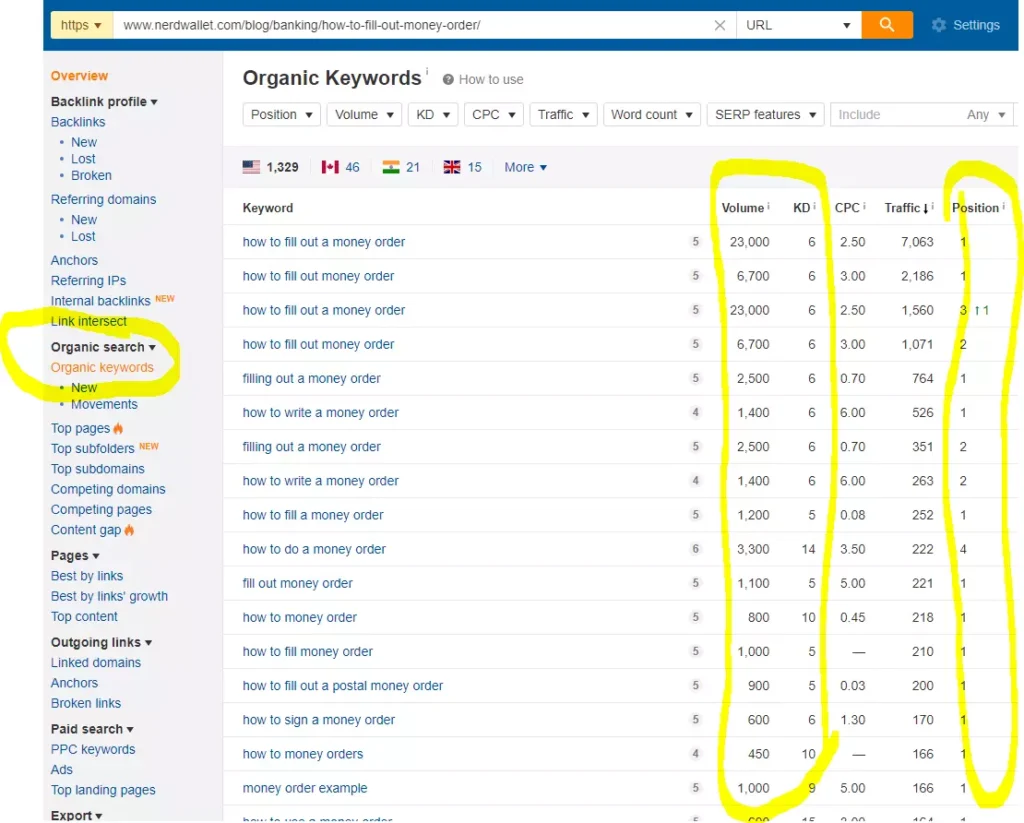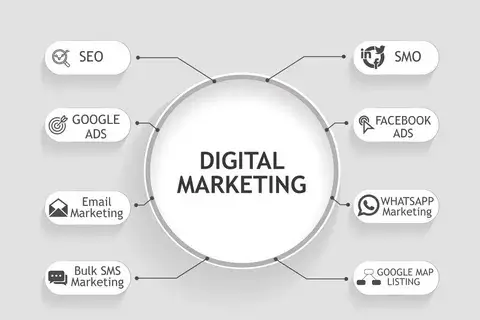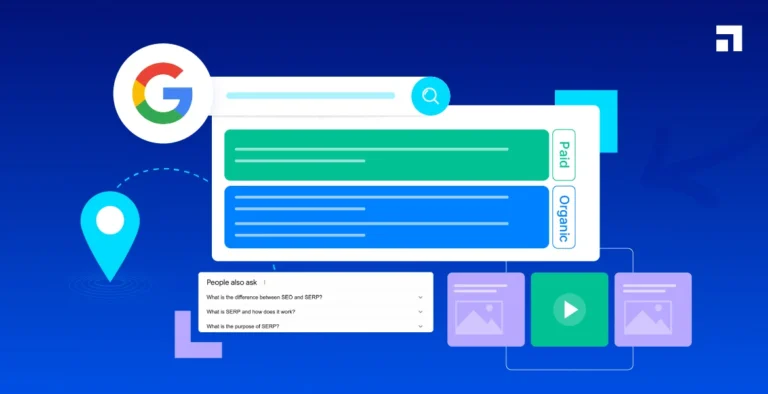
Whether you are a seasoned SEO specialist or a newbie, there are some strategies for Advanced Search Engine Optimization – 17 – that can help you rank on the 1st page of Google search results.
If you want to know these strategies and techniques, you need to read this blog till the end. After all, we will discuss each strategy in detail for your clarity. But first, you need to know the difference between SEO and Advanced SEO.
So, let’s start from here.
What is the difference between basic SEO and advanced SEO?
You should know that basic SEO typically involves fundamental optimization techniques such as keyword research, on-page optimization, meta tags, and basic link building. Moreover, it focuses on optimizing individual web pages – to improve search engine visibility and rankings.
But what is Advanced SEO? Well, advanced SEO goes deeper into the technical aspects. For example, user experience, and off-page optimization strategies. It involves:
- Website Structure Optimization
- Mobile Optimization
- Schema Markup
- Advanced Keyword Targeting
- Content Strategy
- Backlink Analysis
- User Engagement Optimization
Sounds complex, right? Well, this is advanced SEO for you. It IS complex, but it also brings you high benefits if you do it right. So, now that you know what it is, let’s move onto the next part of our blog, which is:
17 Advanced Strategies for SEO
Here’s the bigger catch! The strategies we are going to share with you will help you improve your advanced SEO and get on the 1st page of Google Search rankings in no time.

Here are these strategies:
Rank by Journalist Keywords
In advanced SEO, the “Rank by journalist” keywords refer to search terms that journalists frequently use when conducting research for their articles or news stories. You should know that these are often related to the following:
- Current Events
- Trending Topics
- Specific Industries
- Particular Niches
Say, if a journalist is writing about the latest developments in renewable energy, then the used keywords will be “solar power advancements,” “wind energy innovations,” or “green technology breakthroughs.” Now, in an advanced SEO context, you have to incorporate these keywords into website content. Why? Well, it increases your chances of being discovered by a diverse audience – searching for these very keywords online.

Use Animated Images to Boost Time On-Site
If you want to enhance user engagement and increase time on site, then the best strategy is to use animated images.
After all, these animated images help capture the users’ attention with visually appealing and interactive content.
For example, CSS animations or GIFs.
It encourages the visitors to spend more time engaging with the content. Ultimately, it results in longer stay time and reduces bounce rates – sending positive signals to search engines that the website’s content is relevant and high-quality.
This positive signal then improves the ranking of the site. However, you need to make sure that you only use high-quality animated images that complement the content. Otherwise, the strategy will fall flat.

Creative Content Writing
If you want to capture and maintain the attention of your desired audience, then you need creative content writing by your side. After all, it fosters engagement and conveys messages effectively.
For this, you have to think outside of the box and need to keep your approach innovative.
The content has to resonate with the readers. What’s more, it goes beyond just being informative. It has to be accessible and thought-provoking as well.

- SEO writing
It involves writing content that is optimized for search engines. Moreover, it also needs to be valuable and engaging.
- SEO-Friendly URLs
These are concise, descriptive, and keyword-rich web addresses. These SEO-Friendly URLs improve user experience and search engine rankings.
- Internal Linking
In this, you add hyperlinks to your written content. The aim here is to connect the related pages and enhance the navigation of the website.
- Semantic SEO
This focuses on the context and intent behind search queries to deliver more relevant and meaningful search results.
- Rich Snippets
These include additional information, such as reviews, ratings, and event details, directly in the search engine results pages (SERPs).
- LSI keywords
These keywords help the search engines understand the context of the content for improved relevance and ranking.
- Featured Snippets
These are highlighted search results displayed at the top of the SERPs, providing concise answers to user queries
4 Comparison keywords for targets
This strategy involves targeting search terms that explicitly compare products, services, or solutions within a particular niche or industry. It helps improve visibility in search engine results pages (SERPs) and positions the website as a valuable resource for users seeking unbiased comparisons.
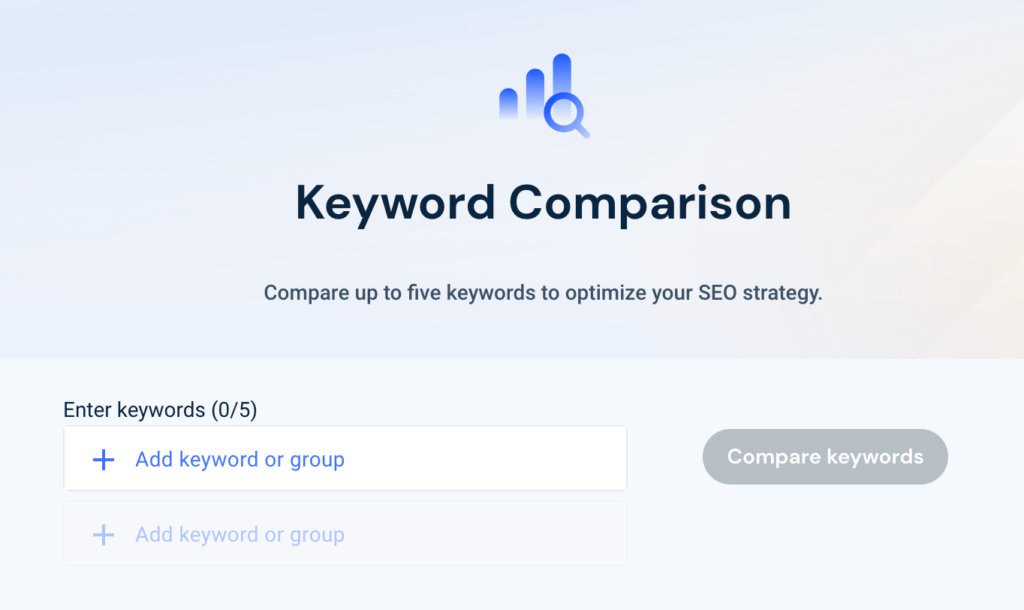
Pagination using dynamic parameters
It refers to the practice of organizing and presenting large sets of content across multiple pages on a website. It involves the following parameters:
- Number of items on Page
- The current page numbers
- Total number of items
With this strategy, your website can efficiently manage and display extensive content collections while improving user experience

The Power of Podcasts for Link Building
Generally, it involves creating valuable backlinks to drive traffic to your website. And for effective link-building, you can use guest posting as well. Here’s how the process of guest posting goes:
- Write a Guest post
- Find a site that will accept it
- Pitch them the Guest post
- Edit and re-edit if needed
- Get the guest post published

Forge a Content Group/ Alliance
Forging a content group or alliance, you need to collaborate with other content creators or brands in the same industry.
The content then benefits all the parties that are involved in the creation. Besides, you can easily amplify your reach if you join forces with like-minded individuals or organizations.
For this, clearly, you need to identify the potential partners with targets aligned.
You should also know that you can strengthen your brand’s presence with strategic partnerships and collective efforts. Ultimately, it will help you drive meaningful engagement with your target audience.

Optimize SERP real estate
It involves maximizing the visibility and impact of your website’s presence in search engine results by strategically occupying as much space as possible. Thus, it goes beyond aiming for the top organic results. It also includes optimizing elements such as:
- Knowledge Panels
- Featured Snippets
- Google My Business Listings
For effective implementation of this strategy, you need to improve your website’s on-page optimization, content creation, and authoritative backlinking. Undoubtedly, if you implement it right, you can use it to attract more organic traffic and drive better engagement.

Embed Original Images in Your Content
To make your content stand out, you need to add original images to it.
For example, if you are writing a blog on a building project, then you need to attach pictures of the building project you are talking about. Or, if you are writing about a trendy topic on any celebrity, then you must attach a relevant image as well. What’s more, you need to keep in mind that you need to attach high-resolution images. If the resolution is not amazing, then this strategy is not going to be very effective for you.

Make Your Content Relevant to Keywords
You need to keep your content relevant to the keywords.
Without proper keyword relevancy, the content will not help you rank your website.
For example, if your keyword is “cute cats” then the content has to list what makes cats cute or trending cute cats on the internet. You cannot go off-topic, like how to care for a cat. After all, going off-topic is a bad practice that can increase the bounce rate of your website. If that happens, then Google will de-rank your site and you will lose all of the organic traffic – even the potential for it.

Add a comments section to your blog
The comments section under blogs is very crucial. After all, it helps you get feedback from the audience and keeps them engaged as well. First, the users will spend time reading the blog then they will spend it reading the comments of the blog. This will inevitably improve the ranking of your site. So, you need to make it a strategic practice to add a comments section.
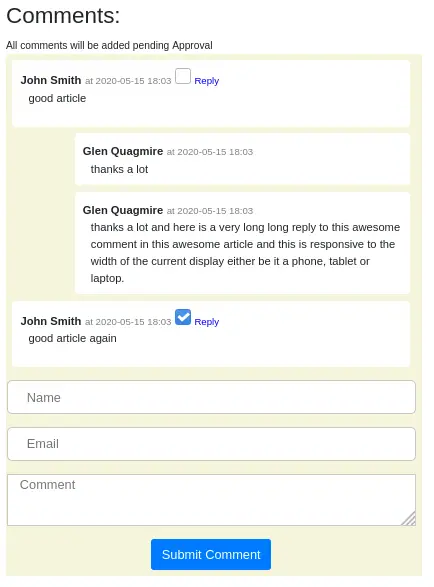
Uncover People Also Ask Keywords
This improves the relevancy and navigation of your site. These keywords are topic-related to help the users get maximum information out of your site – if you use it.
So, if you want to keep the users engaged on your site, you need to add this section.
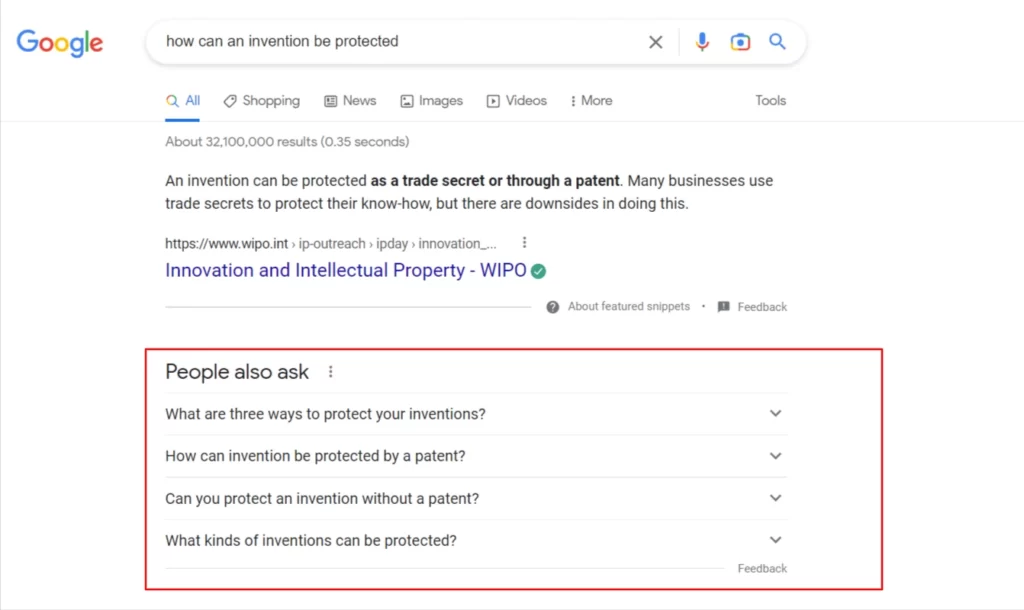
Content should be published according to the topic and year
You need to follow a specific publishing hierarchy when you upload/publish the content. It needs to be according to the topic and year.
If the blogs are intertwined and presented in a mixed order, then they are of no use. After all, this mixing can complicate the navigation for users.
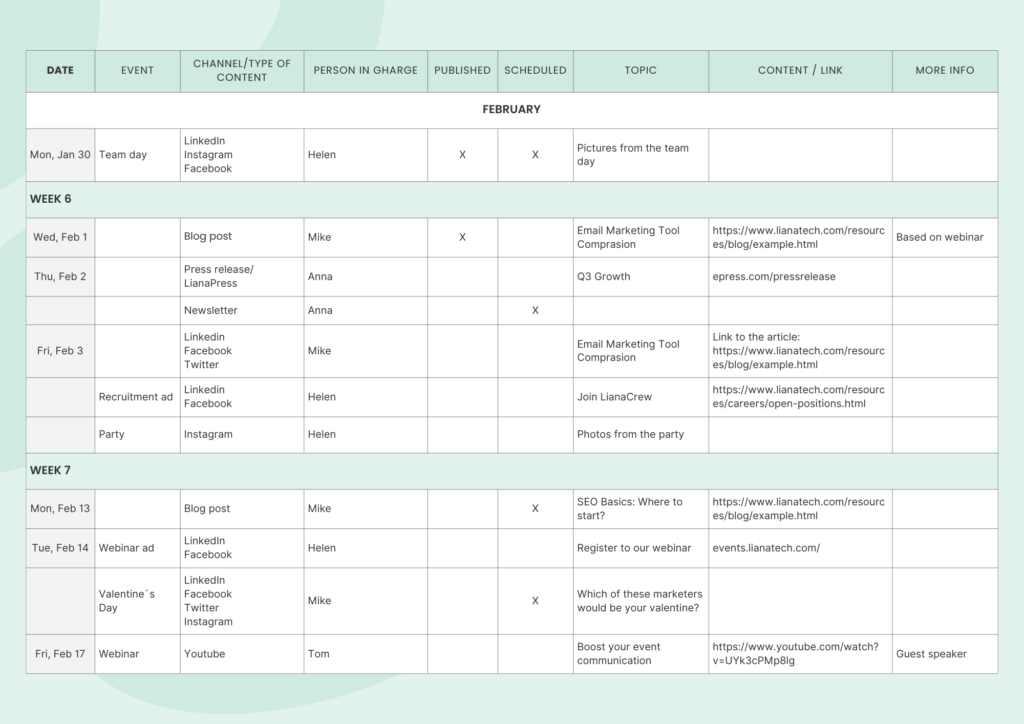
Get backlinks from Unlinked brand Mentions
If you want to get the best out of advanced SEO, then you need to get backlinks from unlinked brand mentions.
Brand mentions are like shoutouts.
This brand mentions improving the authority, credibility, and reliability of your site.

Google Discover Optimization
It involves tailoring your content to meet the preferences of users browsing the Google Discover feed, a personalized content recommendation feature that appears on the Google app and mobile browsers.

Search Low-Competition Keywords from Reddit, Quora & Tumblr
It involves identifying niche topics or questions with relatively low levels of competition but still demonstrating sufficient search volume or engagement potential.
To execute this strategy effectively, start by browsing relevant subreddits, Quora threads, and Tumblr tags related to your industry or niche.
